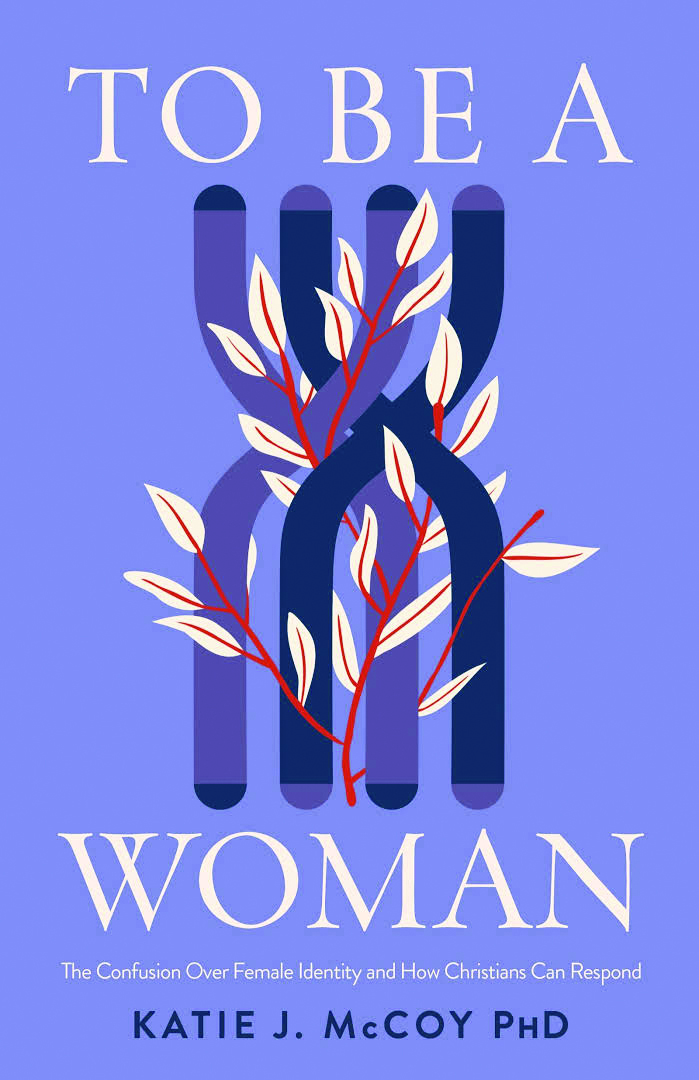Andrew Peterson was a young musician when he posted a message board comment to one of his favorite bands, Cademon’s Call, with a link to his lyrics. This spontaneous act set off a long spiral of events that have shaped him and led him to his vocation as a musician. His story has been anything but linear, but as he understands it, could not have unfolded any other way.
Over the last 20 years, Peterson has performed thousands of concerts, published four novels, released 10 albums, taught college and seminary classes on writing, founded a nonprofit ministry for Christians in the arts, and served as an executive producer for a film. This lifelong work of creating has taught Peterson lessons about vocation and storytelling that he intertwines with his own story in his new book, Adorning the Dark: Thoughts on Community, Calling, and the Mystery of Making, which was named The Gospel Coalition’s 2019 Book of the Year in Arts and Culture.
Though there are an abundance of books on creativity, Peterson’s stands out as he writes with the wisdom of an expert but the humility of a servant. A spiritual memoir and artist’s manual all in one, Peterson’s beautiful language combines with his Christian theology to shepherd his readers toward a vision of how Christians can grace the world with their gifts. With wit, wisdom, and honesty, Peterson invites all Christians—not just “professional creatives”—into the act of creating as a way of being more fully human.
Early in the book, Peterson is refreshingly honest, allowing readers into the internal war that rages inside him as he seeks to be faithful to his calling as an artist while persistently fighting to keep the waves of self-doubt at bay. In this beginning section, Peterson also discusses other thoughts on the sacredness of art and the importance of community. Then, starting in chapter nine, Peterson begins to outline his six principles for the writing life: serving the work, serving the audience, selectivity, discernment, discipline, and community.
Three valuable insights
One of Peterson’s valuable insights in his book lies in his understanding of creativity as a natural quality of humans created in the image of God. Frustrated by what he sees as a tendency toward elitism in the artist community, Peterson writes on creativity not as a special gift offered to a few but as a spiritual gift given to all. “We’re all creative. There is no “creative class” (168).
In a culture that often suffers from self-intoxication, Peterson offers a much more meaningful view of the arts: as a way to love our neighbors by pointing them beyond ourselves to the One who fashioned us.
His principles of writing apply to Christians everywhere because of our God-given impulse to fashion together beautiful things— to bring order to chaos. We feel such an urge precisely because we are made in the image of God (Gen. 1:26-27) who did just that, speaking the world into motion and breathing life into humanity. If Christians have a tendency to elevate the importance of some work while diminishing the value of others, Peterson’s words offer a rebuke and way of dignifying all work, from gardening to beekeeping to raising a family, because like the musician who writes songs for a living, these too are creative works.
A second valuable part of Peterson’s book is that he connects our creativity directly to Christian theology. In a culture that often suffers from self-intoxication, Peterson offers a much more meaningful view of the arts: as a way to love our neighbors by pointing them beyond ourselves to the One who fashioned us. He writes:
“Art shouldn’t be about self. The paradox is that art is necessarily created by a Self, and will necessarily draw some measure of attention or consideration to the artist. But the aim ought to be for the thing to draw attention, ultimately, to something other than the Self. For a Christian, that means accepting this paradox in the knowledge, or at least in the hope, that my expression, even if it is one of the most intimate chambers of my heart, can lead the audience beyond me and to the Ultimate Self, the Word that made the world” (44-45).
Furthermore, his description of art points the Christian to a more complete understanding of God. Just as God is both immanent (near to us) and yet transcendent (beyond us), for the Christian, art has both immanent and transcendent qualities as it starts at the self and speaks intimately to ourselves and our neighbors, and yet also aims to point beyond, to the Creator.
A final point from Peterson’s book that I found of particular value is that his view of faith offers forgetful Christians a reminder of the omnipresent nature of God’s character. For Peterson, because God is in all things, the world presents never-ending material to write about—quiet sunsets and worship services are both sources of inspiration. Peterson writes about the annual conference his ministry organizes called Hutchmoot (which I’ve attended, and highly recommend), which aims to “encourage people to look for the glimmer of the gospel in all corners of life” (168-169). His book invites us into the same way of living in the world: to be open to the sacred in the everyday by seeing the Spirit at work in all things. Peterson offers an embodied spirituality that invites us to meet God in the ordinary. We should anticipate this. After all, Jesus came born as a baby in a manger in the small town of Bethlehem, the son of a carpenter.
This book is theological, practical, and a delightful narrative all in one. While Peterson is clear that all people are creative, Adorning the Dark will be an especially helpful read for Christians who want to make good art. His vision of writing as a tangible way of loving our neighbors (what he calls the “audience”) is a compelling one. Peterson writes that he understands his own vocation to be “to use whatever gifts I’ve been given to tell the truth as beautifully as I can.” For any Christian who wants to engage the culture with the truth of the gospel of Christ through the medium of art, Adorning the Dark is an excellent read on how to steward the gifts God has given them for the purposes of his glory.










